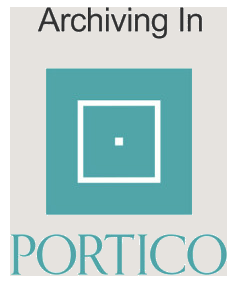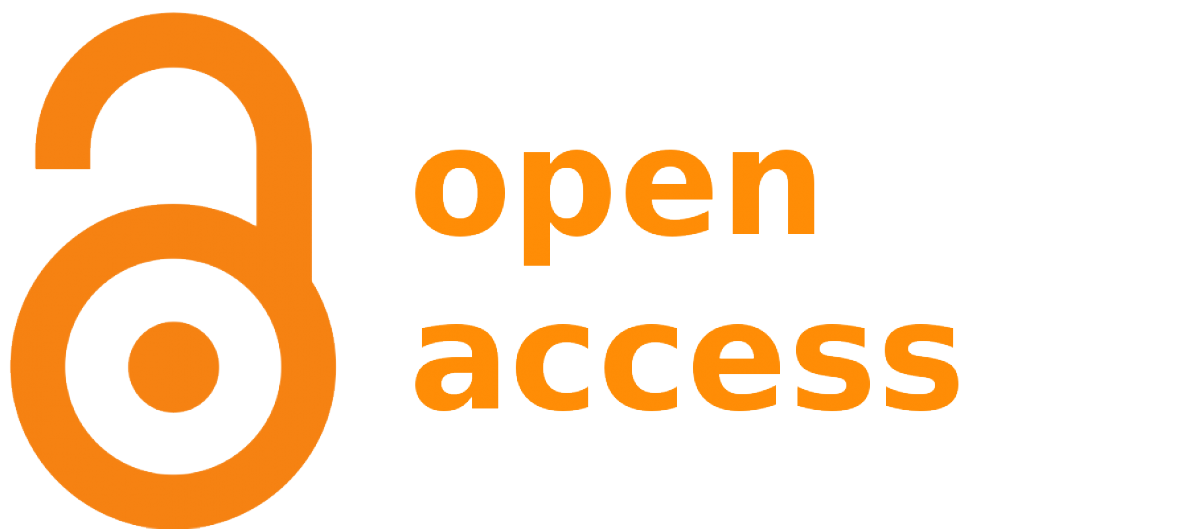Aims & Scope
Turning Toward Being: The Journal of Ontological Inquiry in Education (JOIE) welcomes five kinds of submissions: two kinds of articles, short responses, book reviews, and news.
Given the mission of JOIE, namely, to explore and illuminate ontological inquiry in its various forms, methodologies, theoretical approaches, and practical applications within academia and beyond, the journal invites two kinds of manuscripts. Those submitted for peer review, as well as manuscripts that only require editorial review, which will be published in a section called "Notes from the Field."
JOIE will consider for publication manuscripts that engage with ontological inquiry as it is practiced, theorized, and expressed within a wide range of contexts and disciplines. Manuscripts may take multiple forms and genres of writing and researching, including but not limited to researched argumentation, bibliographic essays, autoethnography, poetry, performance texts, multi-modal digital texts, creative nonfiction, cultural criticism, manifesto writing, and critical reflective essays. Upon initial review of a submitted manuscript, the editors will determine if the manuscript is suitable for peer review, or if the manuscript is more suitable for editorial review to appear in "Notes from the Field." It may be possible that the peer reviewers may reject the manuscript to be published with other peer-reviewed articles and still recommend the manuscript appear in "Notes from the Field," which only requires editorial review--as long as the manuscript speaks to the mission of the journal.
To promote ongoing critical dialogue within the journal, JOIE invites short responses to previous articles (under 3000 words), as well as essay reviews of new and old works in the field.
News could include announcements that pertain to the mission of the journal, such as calls for proposals, publications, or events.
We welcome proposals for special issues as well, featuring essays thematically organized around a central and relevant issue or topic. Send proposals for special issues to our editors.
Articles
We welcome articles of interest from any discipline wherein the author engages ontological inquiry within that world of interest and activity.
Before submitting, please review our editorial process to understand our review process.
The average length of articles published in JOIE is between 6,000 and 8,000 words, although shorter or longer articles may be considered.
If your research is based on the work of human subjects, please submit, along with your essay, the appropriate approvals from your Institutional Review Board.
Please review our manuscript preparation guidelines, below, and send letters of inquiry to our editors. Send manuscripts, as well, to our editors using the journal’s website. You should receive a confirmation email that your submission has been received within two weeks. If you do not receive a confirmation email, contact the managing editors.
After receiving a submission, the editors determine if the manuscript should be sent out for external review to two anonymous reviewers. These reviewers then have 60 days to determine if the manuscript should be accepted, revised, or rejected. The editors aggregate these reviewers’ comments and send them back to the author with the decision. If the article is accepted with revisions, the author will have 6 months to make the revisions.
We are always looking for reviewers, and we especially encourage scholars from underrepresented groups to join our reviewer database. If you would like to serve as a reviewer for JOIE, please email the editors.
Reviews
JOIE publishes reviews of books, websites, and other texts that may be of interest to teachers and scholars of ontological inquiry. Single reviews are generally 1500 words, and review essays are approximately 2500 words. While reviews are solicited by the journal, we welcome suggestions for texts to be reviewed, as well as requests to be placed on our list of reviewers.
Please send review queries—not unsolicited manuscripts—to our review editor.
Special Issues
JOIE welcomes proposals for special, guest-edited issues thematically organized around a central issue or topic.
We invite proposals that discuss the importance, relevance and timeliness of the topic of the proposed special issue and provide an overview of the kind of questions, issues and concerns the special issue will address. Proposals should provide a list of potential contributors or, if you plan to put out a call for submission, a draft of the CFP. Please include a brief bio and CV with your proposal.
News, Calls for Papers, and Other Announcements
We encourage submission of news, calls for papers, and other announcements of interest to the JOIE community. Send any items you wish to be considered to our editors. Please include the following: a proposed title; a very short summary (less than 40 words); tags (keywords) to be included with the post.
Manuscript Preparation
All manuscripts should be submitted electronically through the website submission portal. Please include a prominently displayed word count. Double space all paragraphs, including quotations, endnotes, and the Works Cited list. Please use MLA style, following the MLA Handbook, 9th edition, or the MLA Style Manual, 3rd edition.
For articles only: please ensure your manuscript contains no identifying information—neither on the title page, nor in running headers or footers. Because all articles are blind reviewed, we ask that you substitute institutional names with generic equivalents: for example, “State University” or “Private Liberal Arts College.” This will help our editors send your work out for review as quickly as possible.
Please attend closely to style as you prepare your initial submission and, if your submission is accepted, as you work with our editors to make revisions suggested by reviewers. Once your submission has been copyedited by our editorial staff, you will be invited to review it and point out any problems introduced by the conversion to Web format. You may also correct typos, errors of fact, or address other serious mistakes not addressed by our editorial process. However, stylistic changes or other revisions can not be made at this time.
Metadata
Please include the following descriptive metadata with your submission. We will use these metadata to make your article more visible to search engines and other scholarly indexes.
Abstract
Write a short summary of your article, between 100 and 150 words (less than 1,000 characters). Abstracts will precede your article and be provided to search engines as well. Reviews need not include abstracts.
Author Bio
Please provide a short biography, between 100 and 150 words (less than 1,000 characters). Bios will be placed at the end of the manuscript, prior to Works Cited.
Tags
Provide a set of tags (keywords) we can use for indexing your article in online databases such as Google Scholar.
Copyrights and Licensing
As an open access journal, JOIE allows free distribution and use of articles we publish, ensuring the widest possible audience for your work. We use the Creative Commons Attribution-Share Alike license for our journal. You retain the copyright, and grant JOIE and our readers rights to use, quote from, print, and redistribute your work, providing you are credited. Furthermore, this license allows the production of derivative works, as long as you are credited, and as long as producers similarly allow their derivative works to be shared. We welcome your questions about our use of Creative Commons licensing.






